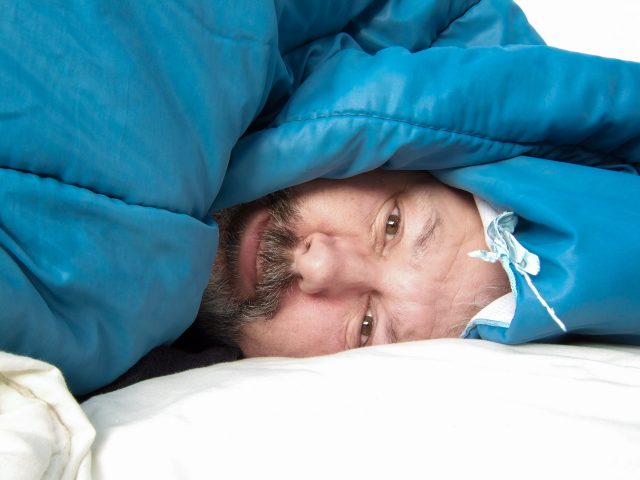Sleep and Technology
In today’s digital age, technology has become an integral part of our lives. From smartphones to smartwatches, we are constantly surrounded by gadgets and screens. While these technological advancements have undoubtedly improved our lives in many ways, they have also raised concerns about their impact on our sleep patterns and overall well-being. In this article, we will explore the intricate relationship between sleep and technology and delve into whether technology is a friend or a foe when it comes to getting a good night’s sleep.
The Role of Technology in Our Lives
Technology has revolutionized the way we live, work, and interact with the world. It has made information more accessible, improved communication, and enhanced productivity. However, the increasing reliance on technology has also blurred the boundaries between work and personal life. Many people find themselves checking emails, scrolling through social media, or binge-watching TV shows late into the night, often at the expense of their sleep.
The Impact of Screens on Sleep
One of the most significant concerns regarding technology’s effect on sleep is the use of screens, such as smartphones, tablets, and computers, before bedtime. These screens emit blue light, which can interfere with our circadian rhythm—the natural, internal clock that regulates our sleep-wake cycle. Exposure to blue light in the evening can suppress the production of melatonin, a hormone that helps us fall asleep.
Studies have shown that individuals who use screens before bedtime tend to have difficulty falling asleep and experience poorer sleep quality. The constant notifications and the temptation to check our devices throughout the night can also lead to disruptions in our sleep patterns.
Sleep-Tracking Technology
While technology can disrupt our sleep, it also offers solutions to monitor and improve our sleep patterns. Sleep-tracking devices and apps have gained popularity in recent years. These devices, often worn as wearables or placed under the mattress, collect data on our sleep cycles, heart rate, and movement during the night.
Sleep-tracking technology can provide valuable insights into our sleep habits. By analyzing the data collected, individuals can identify trends and make informed decisions to optimize their sleep. For instance, they can adjust their bedtime, create a more comfortable sleep environment, or make lifestyle changes to improve sleep quality.
Sleep Aids and Relaxation Apps
Technology has also introduced various sleep aids and relaxation apps designed to promote better sleep. These apps offer guided meditation, white noise, soothing sounds, and bedtime stories to help users relax and fall asleep faster. While they may not be a perfect substitute for natural sleep, they can be beneficial for those struggling with sleep disorders or stress.

The Need for Balance
So, is technology a friend or foe when it comes to sleep? The answer lies in finding a balance between our tech-driven lives and our need for quality sleep. Here are some tips to strike that balance:
- Set Screen Time Limits: Establish a digital curfew by reducing screen time at least an hour before bedtime. This allows your body to naturally prepare for sleep.
- Use Blue Light Filters: Enable blue light filters on your devices or invest in blue light-blocking glasses to minimize the impact of screens on your sleep.
- Utilize Sleep-Tracking: If you use sleep-tracking technology, use the insights to make positive changes in your sleep routine.
- Embrace Relaxation Apps: Experiment with relaxation apps and find the one that works best for you to unwind before sleep.
- Create a Sleep-Friendly Environment: Ensure your bedroom is conducive to sleep by keeping it dark, quiet, and at a comfortable temperature.
- Practice Mindfulness: Prioritize mindfulness and stress-reduction techniques during the day to alleviate anxiety that might disrupt your sleep.
In conclusion, technology can be both a friend and a foe when it comes to sleep. Its impact largely depends on how we use it. By adopting mindful tech habits and incorporating technology as a tool to enhance our sleep rather than hinder it, we can find a harmonious balance between our digital lives and our need for restful sleep. If you would like additional free advice, tips and timely, current information about otc sleep aids, visit their page to learn more.